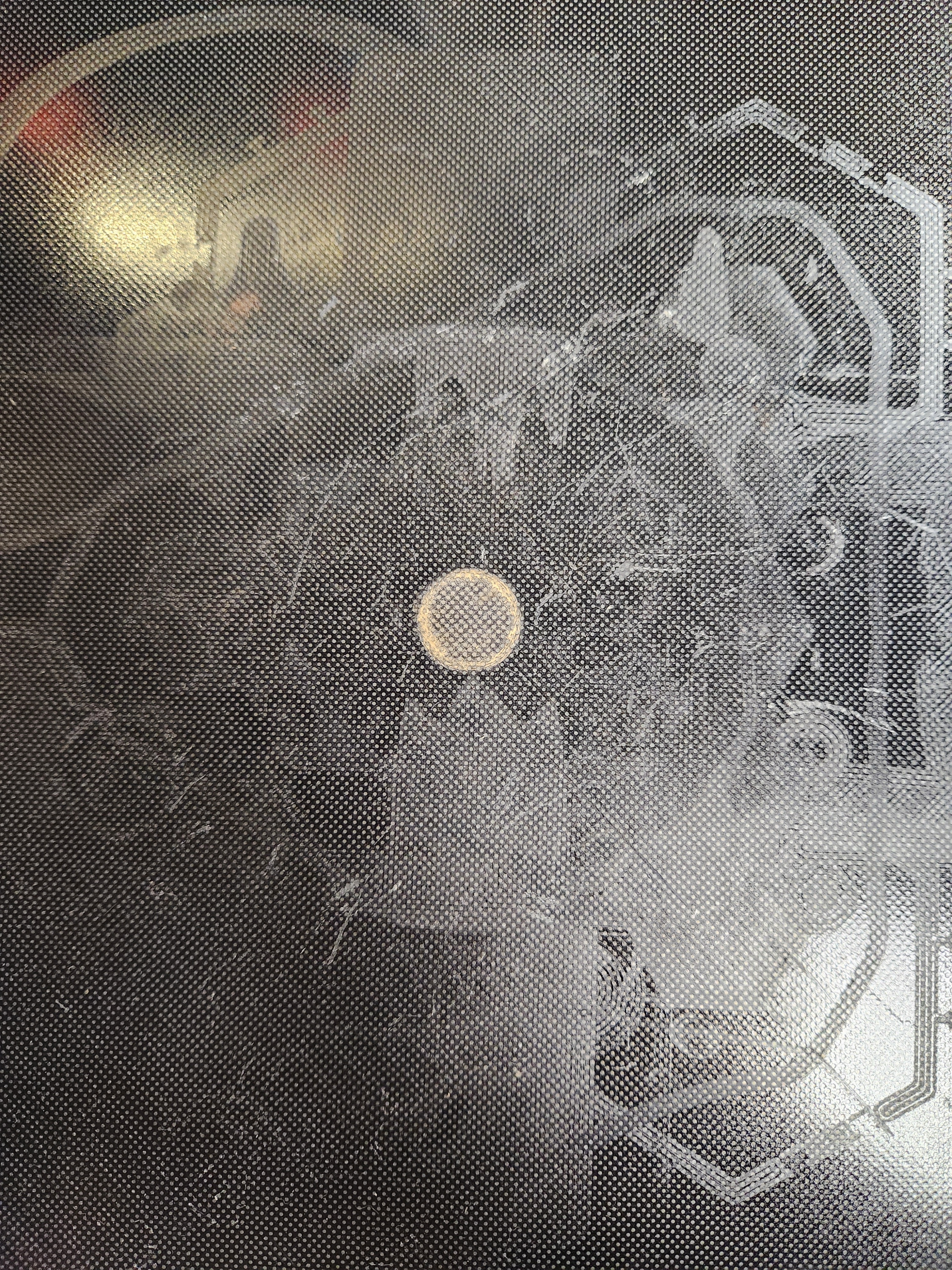Oh, for sure. I focused on ML in college. My first job was actually coding self-driving vehicles for open-pit copper mining operations! (I taught gigantic earth tillers to execute 3-point turns.)
I'm not in that space anymore, but I do get how LLMs work. Philosophically, I'm inclined to believe that the statistical model encoded in an LLM does model a sort of intelligence. Certainly not consciousness - LLMs don't have any mechanism I'd accept as agency or any sort of internal "mind" state. But I also think that the common description of "supercharged autocorrect" is overreductive. Useful as rhetorical counter to the hype cycle, but just as misleading in its own way.
I've been playing with chatbots of varying complexity since the 1990s. LLMs are frankly a quantum leap forward. Even GPT-2 was pretty much useless compared to modern models.
All that said... All these models are trained on the best - but mostly worst - data the world has to offer... And if you average a handful of textbooks with an internet-full of self-confident blowhards (like me) - it's not too surprising that today's LLMs are all... kinda mid compared to an actual human.
But if you compare the performance of an LLM to the state of the art in natural language comprehension and response... It's not even close. Going from a suite of single-focus programs, each using keyword recognition and word stem-based parsing to guess what the user wants (Try asking Alexa to "Play 'Records' by Weezer" sometime - it can't because of the keyword collision), to a single program that can respond intelligibly to pretty much any statement, with a limited - but nonzero - chance of getting things right...
This tech is raw and not really production ready, but I'm using a few LLMs in different contexts as assistants... And they work great.
Even though LLMs are not a good replacement for actual human skill - they're fucking awesome. 😅

Have you ever been in an old house? Not old, like, on the Historic Register, well-preserved, rich bastard "old house". Just a house that has been around awhile. A place that has seen a lot of living.
You'll find light switches that don't connect to anything; artwork hiding holes in the walls; sometimes walls have been added or removed and the floors no longer match.
Any construction that gets used, must change as needs change. Be it a house or a city or a program, these evolutions of need inevitably introduce complexity and flaws that are large enough to annoy, but small enough to ignore. Over time those issues accumulate until they reach a crisis point. Houses get remodeled or torn down, cities build or remove highways, and programs get refactored or replaced.
You can and should design for change, within reason, because all successful programs will need to change in ways you cannot predict. But the fact that a system eventually becomes complex and flawed is not due to engineering failures - it is inherent in the nature of changing systems.